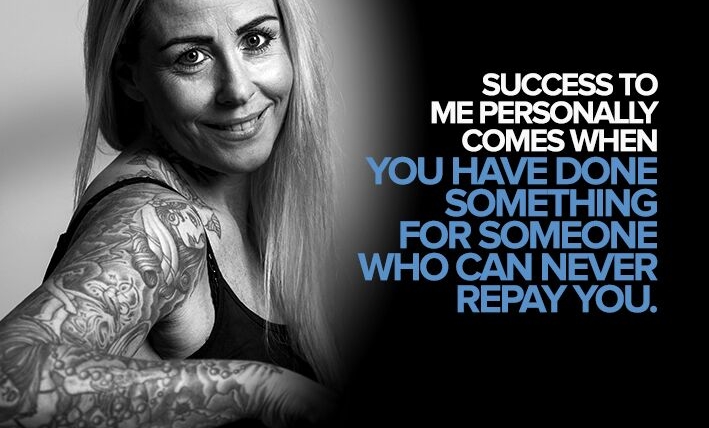
The day she went back to work after her first maternity leave was the day Tiffany Dufu realised that the political was personal, and that the rules of her domestic life would have to change. It wasn’t going to be easy to juggle parenting, a career and a relationship, but it was possible, and she was ready.
Six hours later, Tiffany was kneeling on the floor of the ladies’ loo, tears streaming down her face, expressing her milk into the toilet bowl. Caught up in the demands of her job, she’d completely forgotten about her breasts until they became so engorged that she couldn’t fit the suction appliance on to her nipples and she was forced to retreat to the bathroom. Suddenly, it all seemed a lot more daunting.
“I thought, if I can’t even remember to express my milk what other balls am I going to drop?” she says. That night, after feeding her baby and putting him down for the night, Tiffany was sobbing into her pillow when she heard her husband, Kojo, arriving home from the office.
“I heard him brush against the dry cleaning I’d collected. I heard him leave his shoes in the hallway, open the fridge, get out the meal I’d prepared for him and, when he’d eaten it, I heard him drop the plate and the cutlery into the sink. And then I heard him sink into the sofa and switch on the TV.”
In that moment, says Tiffany, she realised that to juggle work and parenting she was going to have to drop a ball – and Kojo would have to pick it up.
When Tiffany sat back to think about it, she realised that what she was doing was fulfilling the roles she was expected to fulfil. Because of the way she’d been raised – in a traditional home in Seattle, with a mother who stayed at home and a father who had a job – she had deeply ingrained ideas about what constituted being a “good” mother – not to mention a good wife, and a good worker. Now the time had come to rethink those definitions by taking a long, hard look at herself and work out what her priorities were.
From that point, she says, her life became easier: she was able to look at her time and her tasks, and work out what mattered to her and what could go by the wayside. In a nutshell, Tiffany’s book is about why mothers should expect less of themselves, and more of their partner. She says she was suffering from what she calls “home control disease”: while she scoffed at the idea that a woman’s place was in the home, she still focused obsessively on how it was run, how it was organised, and she still believed, deep down, that only her way of doing things would work.
“When women are freed from having two full-time jobs, they are better able to execute the strategies and adopt the mindsets necessary to transcend the glass ceiling.”
Read more on theguardian.com.




